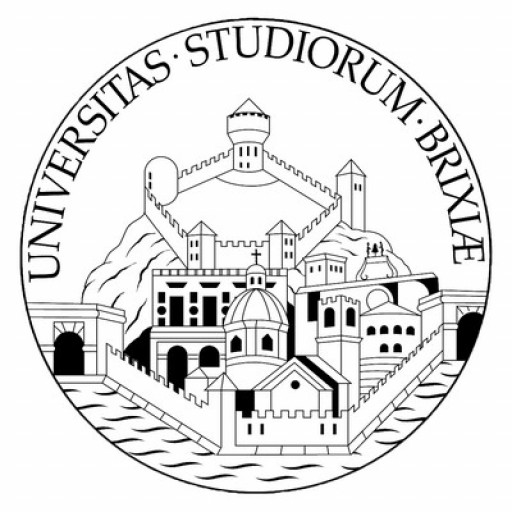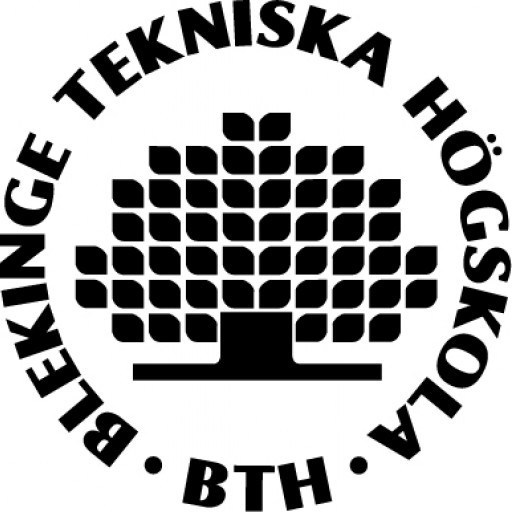Photos of university / #politechnikaczestochowska
The Modeling and Simulation in Mechanics program at Czestochowa University of Technology is a cutting-edge interdisciplinary course designed to equip students with advanced skills in analytical, numerical, and computational methods used in mechanical engineering and applied sciences. This program focuses on developing a comprehensive understanding of mathematical modeling, computer simulation, and data analysis techniques to solve complex problems related to mechanical systems, materials, and processes. Students will explore the principles of mechanics, thermodynamics, and materials science while gaining proficiency in modern simulation software and programming languages essential for effective modeling. The curriculum emphasizes practical applications in industries such as automotive, aerospace, manufacturing, and robotics, preparing graduates to contribute to innovation and technological development. Throughout the program, students engage in laboratory work, project-based learning, and collaborative research to enhance their technical capabilities and problem-solving skills. The faculty comprising experienced researchers and industry professionals provide mentorship and guidance, ensuring that graduates are well-equipped for careers in engineering design, process optimization, and R&D departments. Upon completion, students will have a solid foundation to pursue careers in research institutions, engineering firms, and technological enterprises where simulation-driven decision-making is crucial. The program also provides opportunities for international collaboration and access to state-of-the-art facilities, fostering an environment of creativity and continuous learning. Graduates of the Modeling and Simulation in Mechanics program will possess the theoretical knowledge and practical expertise necessary to address the dynamic challenges of modern engineering and contribute to scientific advancements in mechanical engineering and related fields.
The Modelling and Simulation in Mechanics program at Czestochowa University of Technology is designed to equip students with advanced knowledge and practical skills in the fields of mathematical modeling, computational simulations, and mechanical systems analysis. This interdisciplinary program focuses on providing a deep understanding of the fundamental principles of mechanics, combined with modern computational techniques essential for solving real-world engineering problems. Students will explore various methods of modeling physical systems, including finite element analysis, multi-body dynamics, and computational fluid dynamics, to predict behavior and optimize mechanical designs. The curriculum integrates theoretical coursework with extensive hands-on training, enabling students to develop simulations using industry-standard software and programming tools. Throughout their studies, learners will examine applications ranging from automotive and aerospace engineering to manufacturing processes and renewable energy systems. Emphasis is placed on understanding material behavior, structural integrity, and mechanical vibrations, as well as on the development of innovative solutions through simulation. The program also prepares students for research and development activities, fostering analytical thinking, problem-solving skills, and teamwork capabilities. Graduates of this program will be well-equipped for careers in engineering consultancy, research institutions, manufacturing companies, and industrial design firms, where they can contribute to improving mechanical efficiency and safety through modeling and simulation technologies. By completing this program, students gain a comprehensive foundation that combines theoretical mechanics with practical computational skills, making them valuable assets in the rapidly evolving engineering landscape.
A legalized diploma of first-cycle studies or another foreign document that entitles to continue education at the second-cycle studies. Very good knowledge of English.
The financing of the Modelling and Simulation in Mechanics program at Czestochowa University of Technology is primarily based on a combination of public funding, student contributions, and potential opportunities for external grants. As a public university in Poland, the Czestochowa University of Technology receives financial support from national educational funds allocated by the Polish Ministry of Education and Science. This ensures that a significant portion of the program’s costs, including faculty salaries, infrastructure, and educational resources, are subsidized by government sources, making it more accessible to students through relatively moderate tuition fees compared to private institutions.
Tuition fees for international students enrolled in the Modelling and Simulation in Mechanics program are set in line with university regulations and can vary based on the student's country of origin and specific arrangements. Domestic students benefit from subsidized education, with costs partially covered by government support. Additionally, students may have the opportunity to apply for scholarships based on academic merit, socio-economic status, or participation in research projects, which can help offset their educational expenses and promote equal access to high-quality education.
The university actively encourages participation in research projects, which often come with funding from national or European Union sources. These external grants not only support faculty and student research activities but can also contribute to reducing the overall financial burden of the program. Students involved in research often gain stipends, further assisting with living and educational costs.
Furthermore, the university collaborates with industry partners through internships and sponsored projects, which can provide students with financial incentives and practical training while also supporting the sustainability of the program. International collaboration and exchange programs may also open additional funding avenues, such as Erasmus scholarships, which facilitate cross-border mobility and learning opportunities without significant financial impact on students.
In summary, the main sources of financing for the Modelling and Simulation in Mechanics program at Czestochowa University of Technology include government subsidies, student tuition, scholarships, research grants, industry partnerships, and international funding programs. This diversified financial strategy ensures the stability and development of the program, allowing students to access high-quality education and research opportunities while managing the costs effectively.
The Modelling and Simulation in Mechanics program at Czestochowa University of Technology is designed to equip students with advanced knowledge and practical skills in the field of mechanical modelling and simulation techniques. The curriculum emphasizes the development of competencies in the application of mathematical methods and computational tools to analyze mechanical systems and components. Students are introduced to various modern software platforms used for finite element analysis, computational fluid dynamics, and multibody dynamics, enabling them to accurately replicate real-world mechanical behaviors in a virtual environment.
Throughout the course, learners explore fundamental principles of mechanics, including statics, dynamics, and material properties, with a focus on their integration into simulation models. The programme covers the theoretical foundations of numerical methods, such as finite element methods, finite difference methods, and iterative algorithms, providing students with a solid understanding of how these techniques are employed to solve complex mechanical problems.
Furthermore, the program aims to cultivate problem-solving skills in the context of product design, testing, and optimization. Students engage in a variety of project-based exercises, often collaborating in teams to tackle real-world engineering challenges. Practical training includes using industry-standard software tools to create virtual prototypes, analyze stresses and strains, and improve mechanical systems' performance and reliability.
The faculty members responsible for this programme have extensive experience in research and industrial applications, ensuring that the curriculum remains aligned with the latest developments and technological trends. Graduates of this programme are prepared to work in sectors such as automotive, aerospace, manufacturing, and renewable energy, where modelling and simulation are critical for innovation and quality assurance. They may take roles as mechanical engineers, simulation specialists, product development engineers, or consultants, contributing to the advancement of mechanical design and testing methodologies.
In addition to technical training, the programme also emphasizes the development of soft skills such as project management, effective communication, and teamwork, which are essential in modern engineering environments. The university provides a supportive learning environment through state-of-the-art laboratories, workshops, and access to high-performance computing resources that facilitate extensive hands-on experience.
Overall, the Modelling and Simulation in Mechanics programme prepares students for a competitive engineering career by combining theoretical knowledge with practical application, fostering innovation, and encouraging lifelong learning to adapt to continuous technological changes in mechanical engineering.








